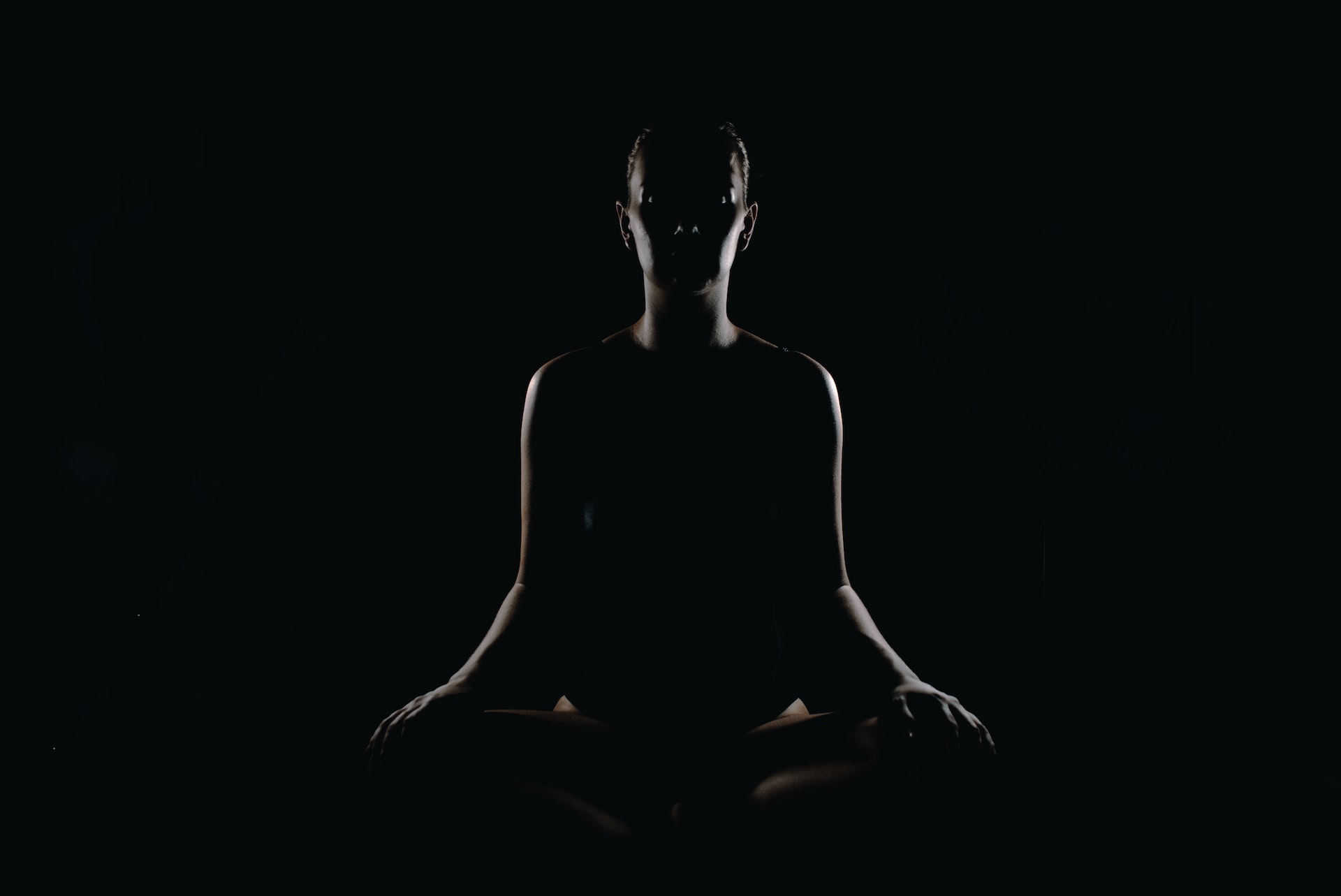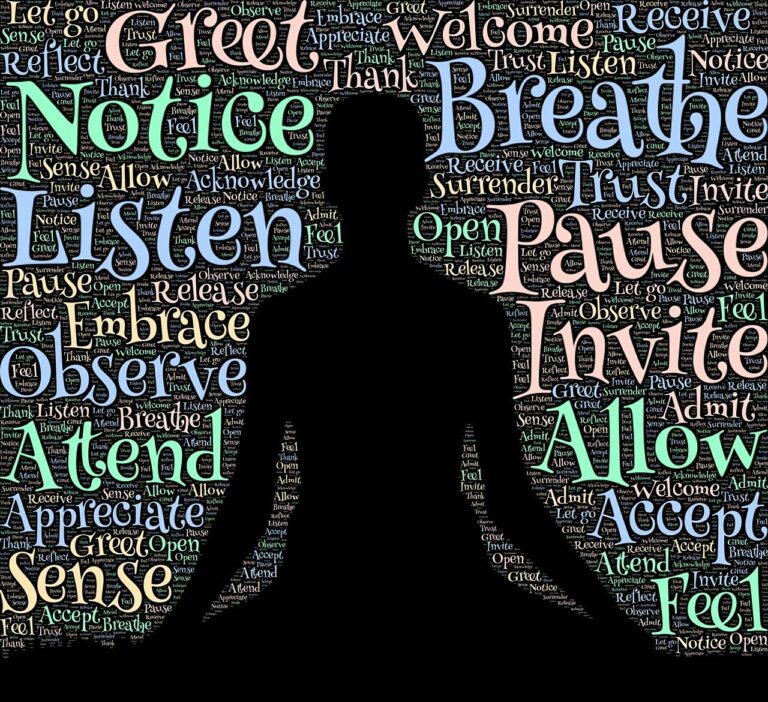11 Spiritual Dangers Of Meditation
Are you considering taking up meditation to improve your overall health and well-being?
While it can have a host of beneficial effects, there are also dangers associated with its practice. If not properly understood or observed, meditation can lead to spiritual harm that can cause harm to your life and detract from the benefits it offers.
In this post, we’ll uncover 11 spiritual dangers of meditation so that you can make an informed decision before embarking on your journey!
The findings of a 2017 study by researchers from Brown University and the University of California generated much discussion as to the potential, yet unexpected side effects of meditation practice.
After examining sixty experienced meditation practitioners, evidence suggested that, rather than providing purely positive experiences, meditation practice can in fact cause surprising negative side effects; impacting the emotional state, sensory perception, social interaction, sense of self, and more.
Most surprisingly, some subjects portrayed extreme experiences such as; hallucinations, panic attacks, and even complete loss of motivation. Certain individuals also reported re-experiencing traumatic memories during their practice. The implications for further study are obvious – demonstrating that alternative disciplines can be just as worthy of rigorous scientific examination as more conventional therapeutic practices.
1. Ignoring the Physical Body
One potential risk is ignoring one’s physical body for the sake of spiritual exploration. This can manifest as a preoccupation with dynamic meditation or total disregard for basic needs such as food and water.
Consequently, it is important to remember there is a balance between caring for the mind as well as the body.
Moderation should be centered on any type of practice in order to prevent overindulgence in practices that might hinder both one’s spiritual growth and physical health.
2. Over-Identifying with Thoughts, Feelings, and Emotions
When we become too attached to our thoughts and feelings during a meditative state, instead of being mindful and accepting of them, it can lead to a negative spiral of increasing anxiety and confusion.
We may become so consumed by our thoughts that our entire lives start to revolve around them, creating unhappiness and imbalance.
In order to make sure this doesn’t happen while meditating, it’s important to remain aware that the thoughts themselves are only fleeting moments – they come and go without any lasting impact – and not become too attached or caught up in problems that aren’t permanent solutions.
Meditating with the intention of letting go can be a helpful step in decreasing attachment to mental and emotional patterns.
3. Defaulting to a Dissociative State
Dissociation describes when people become detached from reality and their bodies and disconnect from everyday life experiences.
When the intention for meditation is not clearly set, meditators may unintentionally fall into what is known as a “defaulting” or unconscious pattern that can lead to deeper levels of dissociation. For example, if someone begins with the intention to “empty themselves”, they may unknowingly find themselves slipping further away from their bodies and reality.
A more clear-minded approach would be to bring awareness to one’s breath and sensations while remaining connected to physical presence and time in the present moment.
It is essential that practitioners have proper guidance and regulation while meditating to ensure safety in both the spiritual practice and other aspects of life.
4. Becoming Egoic or Self-Centered
Meditation can be a gateway to spiritual dangers such as becoming too egoic or self-centered. This can present itself in the individual as signs of mental pride, true arrogance, and feelings of superiority over others.
To ensure that one does not fall into this egocentric trap, it is best to practice meditation under the supervision of an experienced instructor who can teach wisdom about maintaining a compassionate heart for all beings.
In this way, one will still experience all of the potential benefits of meditation without risking spiritual harm from the excessive egoic drive.
5. Falling Into Unconscious Habits & Patterns of Behavior
It is possible to fall into unconscious habits and patterns of behavior if meditation isn’t practiced with the correct technique. Those who don’t resist the mind’s seduction into thought-based identification will unknowingly be perpetuating the same unchecked patterns that they have been struggling with before their practice.
Thankfully, considered mindful effort can help break this cycle of surrendering unintentionally to conditioned responses by allowing for an increased sense of introspection.
If you’re new to meditation, make sure you find a teacher that you trust and who can properly guide your journey toward greater self-awareness and psychological balance.
6. Not Being Discriminating in Interpreting Experiences
Without discernment and knowledge, practitioners can become confused or disoriented as they grapple with altered states of consciousness resulting from long sessions of deep meditation.
In some cases, the lack of expert guidance may even lead them to believe things that conflict with their existing beliefs or existing religious values.
7. Pursuing Inappropriate Spiritual Goals or Practices
Those who pursue inappropriate spiritual goals or practices in their meditation may find themselves exposed to danger and harm. Ambitious seekers should avoid attempting to access vast spiritual powers without proper guidance, as doing so could lead to negative consequences like disconnection from reality, unconscious confusion, distress, or more severe physical and psychospiritual disturbances.
When dabbling in the sacred art of meditation, one should practice discernment when considering what types of paths and pursuits are most suitable for his or her level of experience.
8. Resisting Natural States of Mind (Egolessness)
One potential danger lies in resisting natural states of mind—namely, egolessness. Many meditators may find themselves uncomfortable or even distressed in moments that carry a deep feeling of emptiness or lack of identity.
Without guidance, this distress may either push them away from meditation or cause them to cling to their ego and reject the experience as inappropriate for them.
To avoid this spiritual pitfall, it’s important for practitioners to have a strong understanding of both the benefits and the dangers that come with meditation practice and to approach it with both awareness and caution.
9. Experiencing Spiritual Bypass
Meditation has been a long-held tradition in many disciplines, and while it can be a powerful tool to facilitate personal growth and awareness, it’s important to recognize the potential spiritual dangers of meditation inherent in its practice.
One of these is a phenomenon known as spiritual bypass; this occurs when we use spiritual practice as an unconscious escape route from dealing with unresolved psychological issues such as depression, trauma, addiction, or anger. By bypassing these issues instead of working through them leads to a sense of superficial peace but may ultimately keep us stuck in our own limitations.

It is essential that we approach meditation as an opportunity to look deeply into our true nature and become more aware of ourselves, rather than using it as an excuse to avoid facing difficult feelings and life challenges.
10. Falling Prey to False Teachers/Gurus
One of the most significant risks associated with meditation is that one may easily fall prey to false teachers and gurus who promise false enlightenment or fake solutions to modern spiritual issues.
It is important for practitioners to educate themselves about the philosophy and history behind any type of meditation and related teachings before committing their minds, bodies, and souls.
Additionally, it can be extremely helpful to use trusted sources when embarking on a journey with meditation in order not to get lost on a path that does more harm than good.
11. Spiritual Complacency
One often overlooked danger is complacency in spirituality. When we become too comfortable with our current spiritual understanding, it can impede our growth and prevent us from exploring further.
We may become stagnant in our spiritual journey, content with what we know without learning any new concepts or trying different approaches to the same topics. Such stagnation is detrimental to personal growth, as without challenges one cannot reach higher levels of consciousness.
Therefore, when embarking on a new exploration of the spiritual side of life through meditation, be mindful to not put your search for knowledge on auto-pilot, but instead remember that every topic must be thoroughly explored and tested before becoming comfortable enough with a subject that complacency could ensue.
Final Thoughts
It is clear then that meditation can be a double-edged sword. Weigh the potential risks and benefits when you are considering the practice of meditation. It’s always better to err on the side of self-care, caution, and understanding. Taking one step at a time and progressively deepening into this rich practice allows us to absorb its teachings differently than delving too far and too fast into it. Remember, meditation is an incredible tool for growth in every aspect of our lives, as long as we integrate these teachings wisely with real-life concerns like physical health, psychological balance, practical goals, and spiritual evolution. If you ever had such experiences, share your thoughts with us.







